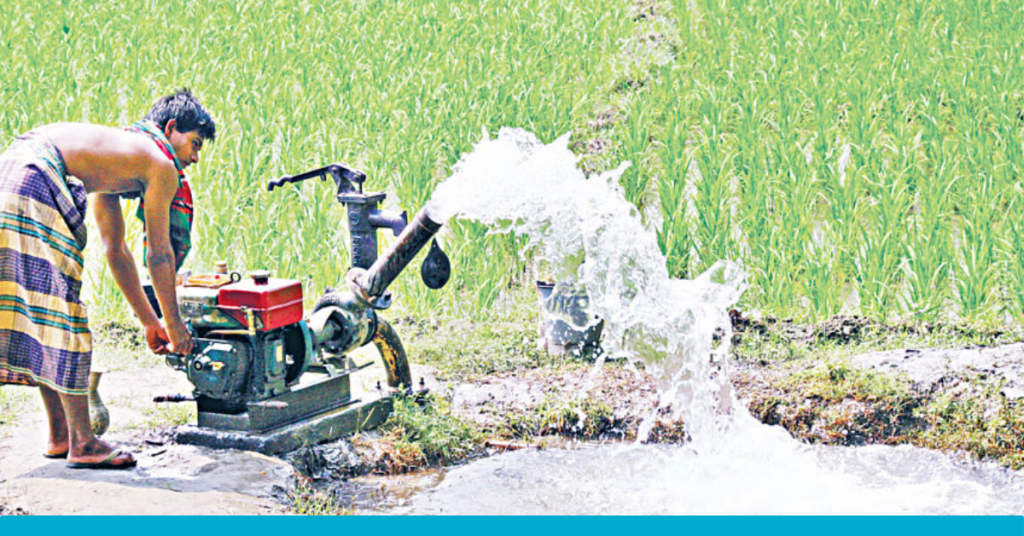Bangladesh’s economic resilience amid challenges is underscored by the robust growth in the agricultural sector, according to economists. In the fiscal year 2022-23, the overall GDP contracted to 5.78%, but the agricultural sector expanded by 3.37%, attributed to consecutive bumper crops fueled by favorable weather conditions. This growth served as a crucial driver, compensating for contractions in other key sectors.
The service sector, constituting approximately 50% of the economy, expanded at 5.37%, but faced challenges such as forex-market volatility, import compression, and inflationary pressures, impacting real purchasing power.
Economist Dr. Zahid Hussain emphasizes the significance of the agricultural sector in driving economic activity, while acknowledging macro-economic instability as a factor contributing to the overall contraction. The central bank’s stringent import policies to preserve foreign-exchange reserves and the resulting impact on industrial growth are highlighted.
Dr. Ahsan H. Mansur, Executive Director of the Policy Research Institute of Bangladesh, acknowledges the agricultural sector’s success in real growth but expresses skepticism about claims of bumper growth, citing high prices of key agricultural goods. Despite concerns, he anticipates a moderation in GDP growth over the next quarters.
To sustain economic growth, Dr. Mansur recommends easing import restrictions and stabilizing the forex market. The outlook remains cautiously optimistic, contingent on addressing economic challenges and fostering a conducive environment for sustained growth.


